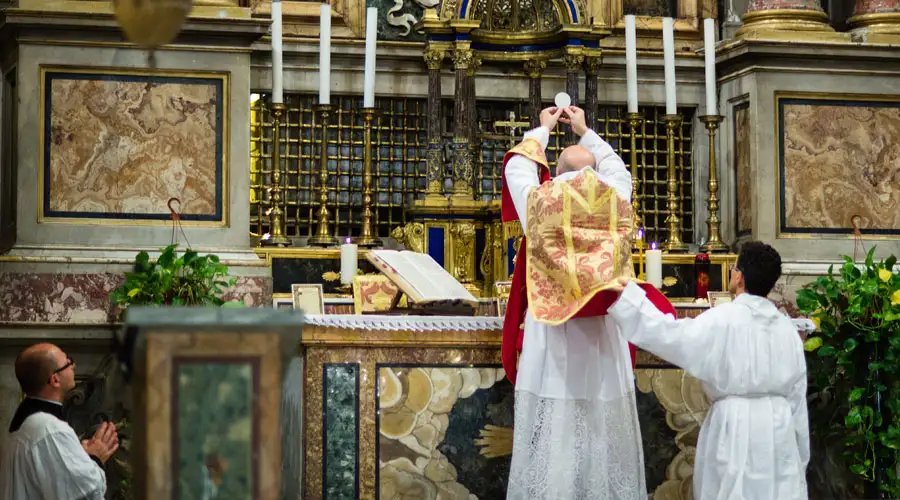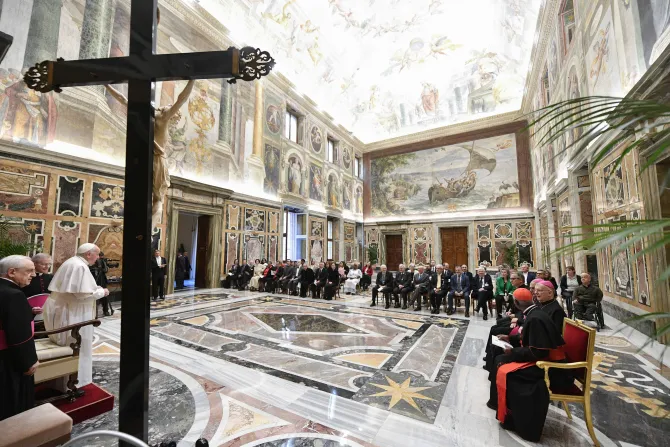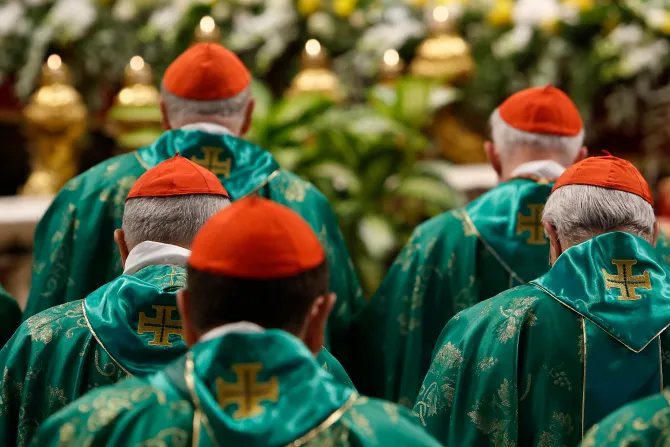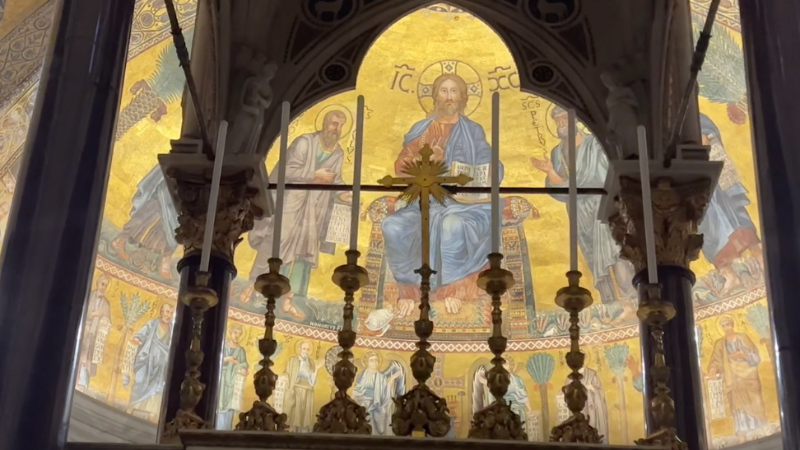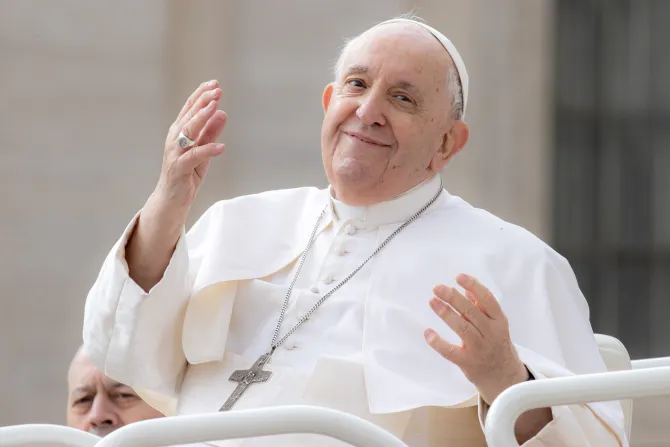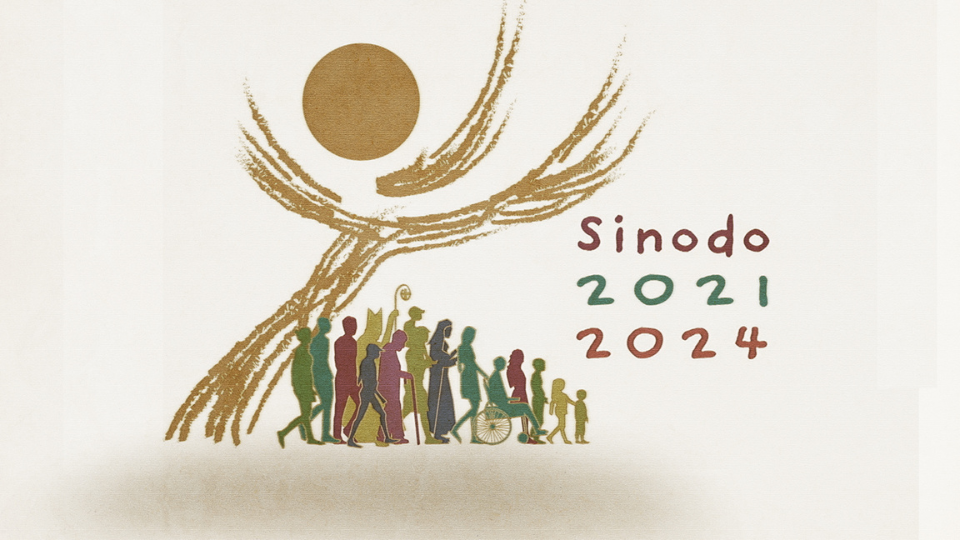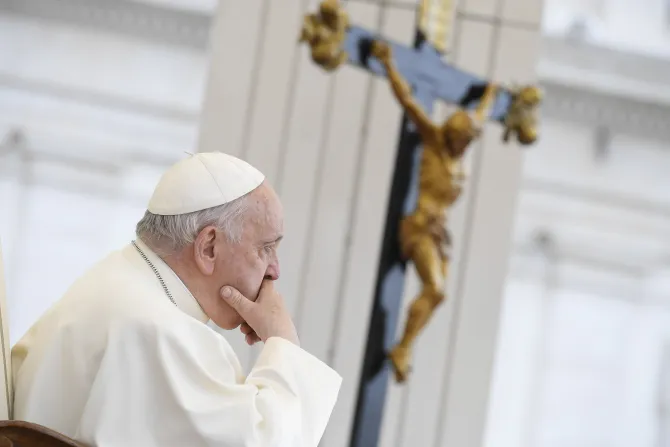The Vatican will conduct an apostolic visitation (investigation) in the Diocese of Fréjus-Toulon, where there are many vocations and the bishop has expressed his support for the traditional Latin Mass. The investigation, which will begin on February 13 and be led by Archbishop Antoine Hérouard with the assistance of Bishop Joël Mercier.
A communiqué from the Apostolic Nunciature of France, published by the Diocese on its website, states that the apostolic visitation is “by mandate of Pope Francis” and comes after “a certain number of difficulties encountered in the diocese.”
The apostolic visitation, which the Dicastery for Bishops will conduct, will begin on Monday, February 13, and will be led by Archbishop Antoine Hérouard, Archbishop of Dijon (France), with the assistance of Bishop Joël Mercier, former secretary of the Dicastery for the Clergy.
The press release from the Nunciature explains that the apostolic visit “will provide an opportunity to deepen and continue the work carried out by Cardinal Aveline during his fraternal visit.”
“Thus, this will allow to [the Vatican] have a broader and clearer vision of the situation in which the Diocese of Fréjus-Toulon finds itself and to refine the framework of the decisions taken by its Bishop, Bishop Dominique Rey, since June 2022,” it adds.
The “fraternal visit” referred to in the communiqué was carried out, at the request of the Vatican, in 2020, by the now Cardinal Jean-Marc Aveline, Archbishop of Marseille.
Suspension of ordinations
In mid-2022, the Vatican ordered the French Diocese to suspend the priestly and diaconal ordinations due to take place on June 29, which would have ordained four new priests and six deacons.
Bishop Dominique Rey, Bishop of Fréjus-Toulon, announced on June 2 that the Holy See had asked him to suspend the ordinations because of “the questions of some Roman dicasteries about the restructuring of the seminary and the policy of welcoming people into the diocese.”
According to the French publication La Vie, in 2021, in the Diocese of Frejus-Toulon, ten priests and eight deacons were ordained, while in 2020, there were nine priests and six deacons, meaning that this particular Church has one of the most vocations in France, a country that seems to be growing more secularized.
According to the French newspaper La Croix, 126 priests were ordained throughout France in 2020. More than 60% of the country’s dioceses had no ordinations.
The COPE network indicated in 2022 that “the success of Bishop Rey is due to his policy of accepting all those who knock on his door, whether they are French candidates or from other countries.”
According to the Spanish media, the “traditionalist drift” of the Seminary of La Castille, where students have different ways of living the faith, as well as “the acceptance of problematic candidates who had been rejected by other prelates or in their communities of origin, could be at the origin of the Vatican intervention” of 2022.
Traditionis custodes
Bishop Rey is known for supporting the traditional Latin Mass and has used the 1962 Roman Missal to preside at ordinations. The Fraternity of St. Joseph the Custos, the Monastery of St. Benedict, and the Institute of the Good Shepherd are in his Diocese.
The Benedictines, who celebrate the traditional Latin Mass, ordained several of their members outside France with a bishop whose identity has not been revealed after Bishop Rey could not preside over them because of the scrutiny under which his Diocese was placed.
Following the promulgation of Traditionis Custodes, Pope Francis’ 2021 motu proprio restricting the traditional Latin Mass or Tridentine Mass, Bishop Rey highlighted the concerns of several priests and communities in his Diocese.

